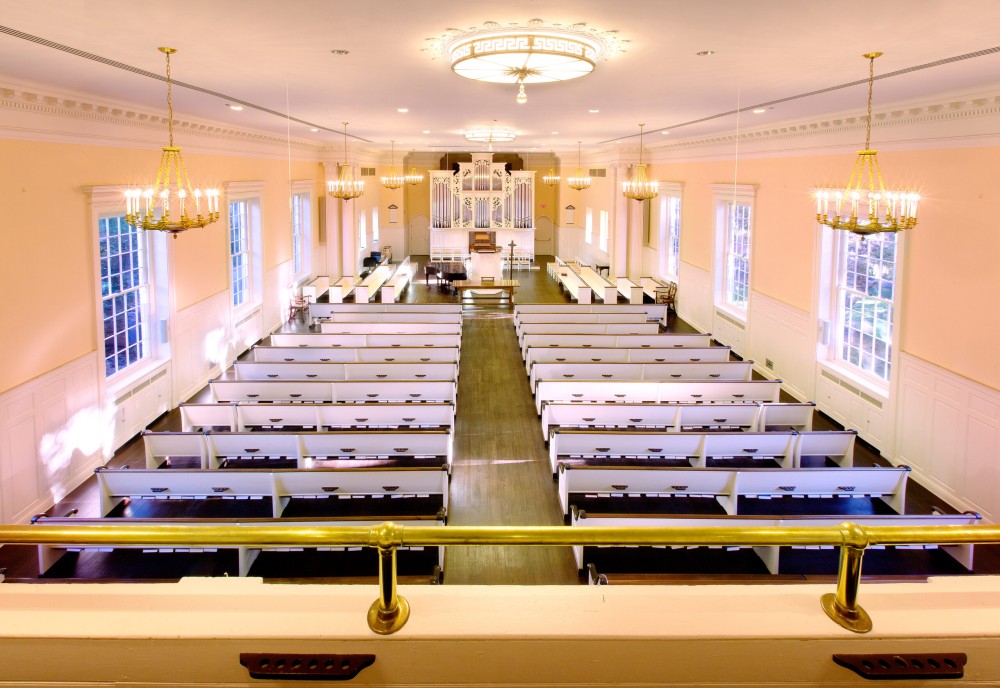Princeton Theological Seminary removes slaveholder name from chapel

Princeton Theological Seminary’s board has unanimously voted to dissociate the name of slaveholder and anti-abolitionist Samuel Miller from the school’s chapel.
The decision on January 25 follows actions by the seminary’s Association of Black Seminarians and allies, who wrote a petition and held demonstrations asking the board to rename the chapel.
“The board has made a heroic and historic decision that they came to after prayerful and careful deliberation,” PTS president M. Craig Barnes said in an interview. He added that the ABS played a “leading role” in the board’s decision by rallying the student body.




